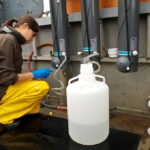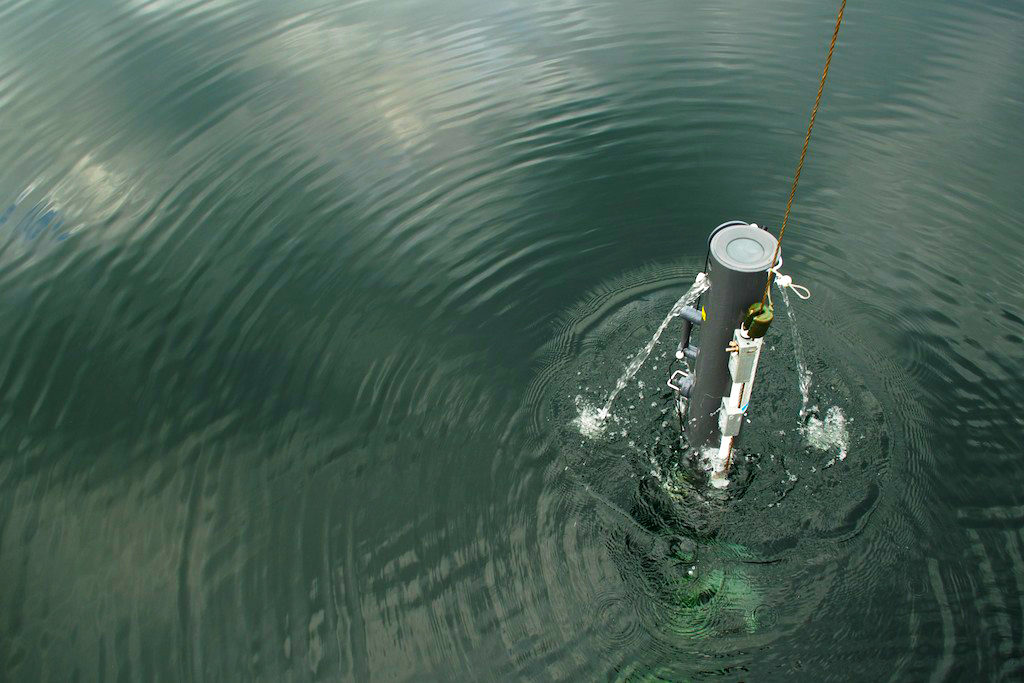 With help from two DOE national user facilities – JGI and the Environmental Molecular Sciences – a team at the University of British Columbia has developed a math model that could help researchers and policy makers track the impact of climate change on the microbial networks that drive the world’s marine ecosystems. The model couples omic information and biogeochemical data from the Saanich Inlet ecosystem in British Columbia, Canada, which has long been used as an analog for studying oxygen minimum zones. Read more about the impact of this work, recently published in the Proceedings of the National Academy of Sciences, here.
With help from two DOE national user facilities – JGI and the Environmental Molecular Sciences – a team at the University of British Columbia has developed a math model that could help researchers and policy makers track the impact of climate change on the microbial networks that drive the world’s marine ecosystems. The model couples omic information and biogeochemical data from the Saanich Inlet ecosystem in British Columbia, Canada, which has long been used as an analog for studying oxygen minimum zones. Read more about the impact of this work, recently published in the Proceedings of the National Academy of Sciences, here.





